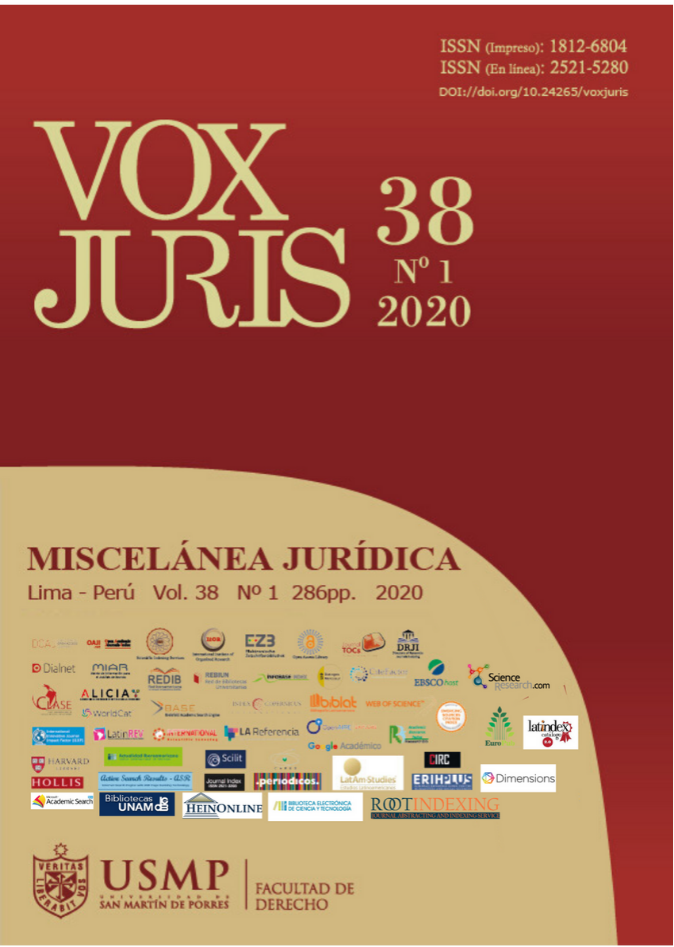THE ILLICIT ASSOCIATION AS A PROCESS CLONING METHOD
Keywords:
Asociación ilítica, clonación de procesos, derecho dúctilAbstract
In this work we critically approach the figure of the illicit association from a double perspective: historical and constitutional, questioning its theoretical foundations and its jurisprudential use. We connect your employment with arbitrary criminal proceedings where procedural guarantees are usually violated. We recover its political history in times of witch hunts, when the term „subversive association“ is born, in times of persecution of the coven, taken by many contemporary historians (especially feminist as Silvia Federici) as forms of resistance to new forms of organization of rural property (since behind the witch hunt was the expansion of rural capitalism) or resistance to the privatization of land in Europe. We conclude, making a parallel with the witch hunt (political criminalization program), that the alternative to the constant and growing criminalization of marginalized sectors (historical replica of that political process, accompanied by the Inquisition, whose practices do not seem to have escaped the all our courts: the inquisitive model is still in force) must go through the critical construction of a Latin American law aware of its social and economic challenges, conflicts that always translate into punitive practices. We propose, in short, the construction (in the face of the allegedly neutral and apolitical boom of prison governance) of a Right - and a criminology and a State - to stop looking for witches to hunt. A guideline that can also serve more than three decades of Rosa del Olmo and Lola Anillar de Castro (not coincidentally two women, two “witches”) introducing critical criminology throughout Latin America, to rethink the new challenges facing our criminology nowadays.Downloads
Download data is not yet available.
Downloads
Published
2019-12-03
Issue
Section
Artículos de revisión
License
Los autores que publican en esta revista están de acuerdo con los siguientes términos:
- Los autores conservan los derechos de autor y garantizan a la revista el derecho de ser la primera publicación del trabajo al igual que licenciado bajo una Creative Commons Attribution que permite a otros compartir el trabajo con un reconocimiento de la autoría del trabajo inicial en esta revista.


